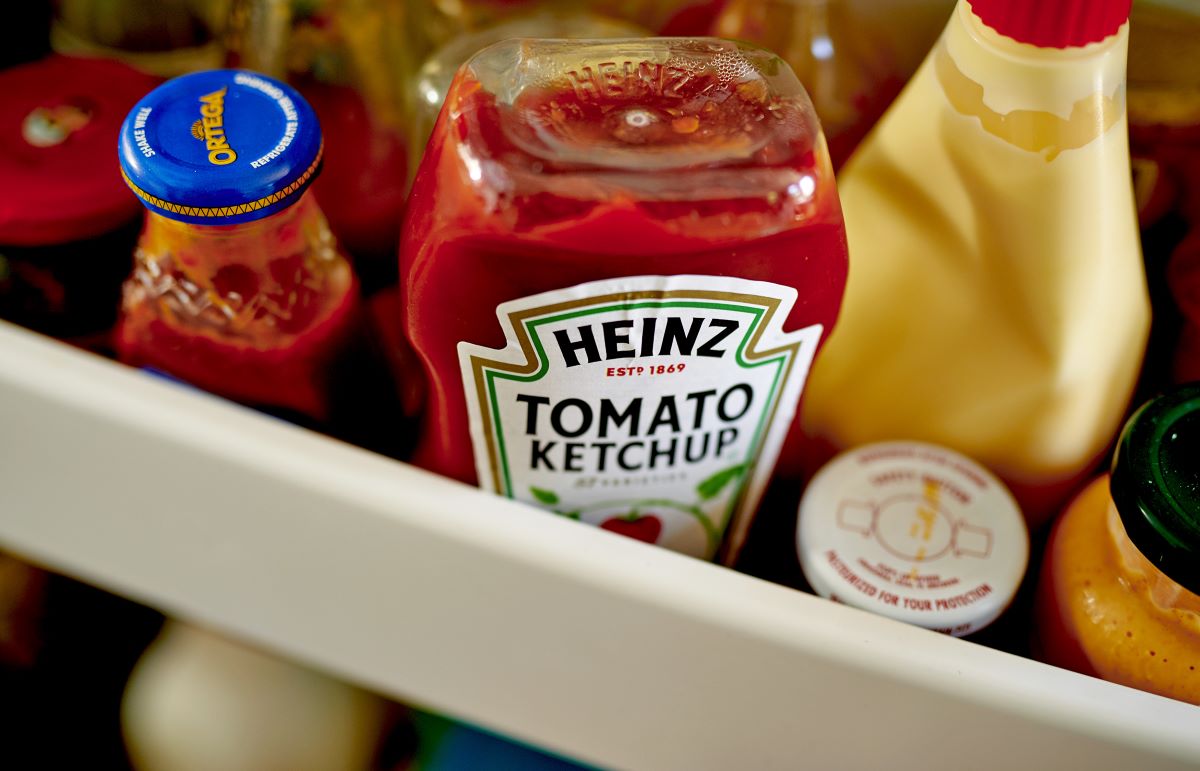

Articles
How To Store Ketchup After Opening
Modified: August 24, 2024
Learn the best ways to store ketchup after opening in this helpful article. Keep your condiments fresh and flavorful with these storage tips.
(Many of the links in this article redirect to a specific reviewed product. Your purchase of these products through affiliate links helps to generate commission for Storables.com, at no extra cost. Learn more)
Introduction:
Whether you’re a fan of slathering it on burgers, dipping fries in it, or adding a tangy kick to your favorite recipes, ketchup is a staple condiment in many households. However, once you’ve opened a bottle of ketchup, proper storage becomes crucial to maintain its quality and prolong its shelf life.
In this article, we will delve into the importance of storing ketchup correctly after opening, and provide you with some practical tips and alternative methods for keeping your ketchup fresh and delicious. So, let’s squeeze out some knowledge and find out how to store ketchup like a pro!
Key Takeaways:
- Properly storing ketchup after opening is essential to maintain flavor, prevent contamination, extend shelf life, and save money. Follow storage tips and refrigerate for best results.
- If refrigeration is not an option, consider alternative methods like freezing, vacuum sealing, or portion control packets. Regularly inspect for spoilage signs to ensure safety and freshness.
Read more: How To Store Bacon After Opening
Why Proper Storage Is Important:
Properly storing ketchup after opening is essential for several reasons. Firstly, it helps to maintain the flavor and quality of the condiment. Ketchup contains vinegar, sugar, and other ingredients that can spoil if not stored correctly. Exposure to heat, light, and air can lead to flavor changes, texture alterations, and even the growth of harmful bacteria.
Secondly, storing ketchup properly can help prevent contamination. The high acidity and sugar content of ketchup create an environment where bacteria and mold can thrive. By following the appropriate storage guidelines, you can reduce the risk of contamination and ensure that the ketchup remains safe for consumption.
Thirdly, proper storage can help extend the shelf life of your ketchup. Unopened bottles of ketchup typically have a long shelf life of up to two years. However, once opened, the shelf life decreases significantly. By storing it correctly, you can slow down the process of oxidation and preserve the freshness for a longer period.
Lastly, storing ketchup properly can save you money. When exposed to unfavorable conditions, such as high temperatures, ketchup can spoil quickly, resulting in wastage. By utilizing the right storage methods, you can prevent premature spoilage and make the most out of your bottle of ketchup.
Now that you understand the importance of proper storage, let’s explore some helpful tips on how to store ketchup after opening to maintain its quality and taste.
Tips for Storing Ketchup After Opening:
Here are some essential tips to ensure that your ketchup stays fresh and tasty after opening:
- Seal the bottle tightly: After each use, make sure to seal the bottle tightly to prevent air from entering. This will help maintain the flavor and prevent spoilage.
- Store in a cool, dark place: Ketchup is sensitive to light and heat, which can lead to flavor deterioration. Store the bottle in a cool, dark pantry or cabinet away from direct sunlight and heat sources like stoves or ovens.
- Avoid cross-contamination: Use clean utensils to scoop out the ketchup, and avoid double-dipping to prevent introducing bacteria into the bottle.
- Keep away from moisture: Moisture can cause ketchup to spoil quickly. Make sure to wipe the bottle’s neck and cap dry before sealing it tightly.
- Refrigerate after opening: While unopened ketchup can be stored at room temperature, it is best to refrigerate it after opening. Refrigeration helps slow down the oxidation process, keeping the ketchup fresher for a longer time.
- Use within a reasonable timeframe: While ketchup has a long shelf life, it is still recommended to use it within 6-8 months after opening. Discard the ketchup if you notice any signs of mold, an off smell, or a change in color or texture.
- Consider portion control: Transferring some ketchup into a smaller container reduces exposure to air each time you use it, prolonging its freshness. Additionally, smaller containers are easier to refrigerate.
- Follow manufacturer instructions: Read the label on the ketchup bottle for specific storage instructions. Some brands may have different recommendations.
By following these tips, you can maintain the quality, flavor, and safety of your ketchup, ensuring that it stays delicious until the last drop.
Storing Ketchup in the Refrigerator:
Refrigeration is the most common and recommended method for storing ketchup after opening. Here’s how you can store your ketchup in the refrigerator:
- Transfer to a squeeze bottle or an airtight container: If the ketchup comes in a glass bottle or an opened squeeze bottle, consider transferring it to an airtight container. This will help prevent air exposure and maintain freshness.
- Label the container: It’s a good practice to label the container with the date of opening. This will make it easier for you to track the freshness of the ketchup.
- Store in the door or main compartment: Place the ketchup container in the door compartments or the main compartment of your refrigerator. These areas are usually cooler and more consistent in temperature.
- Avoid storing on the refrigerator door: While the door compartments are convenient, they are subject to temperature fluctuations when the door is opened and closed frequently. Storing ketchup on the door may expose it to warmth, which can shorten its shelf life.
- Keep away from strong-smelling foods: Ketchup has a tendency to absorb odors from strong-smelling foods. To prevent flavor contamination, store it away from foods like onions, garlic, and fish.
- Check for spoilage signs: Regularly inspect the ketchup for any signs of mold, off smell, or color changes. If any of these are present, it is best to discard the ketchup.
By following these steps, you can ensure that your ketchup remains fresh, flavorful, and safe for consumption for an extended period.
Store opened ketchup in the refrigerator to maintain its freshness and flavor. Make sure to tightly close the lid to prevent air from getting in and causing spoilage.
Storing Ketchup in the Pantry:
While refrigeration is the recommended method for storing ketchup after opening, it is still possible to store it in the pantry if the conditions are suitable. Here are some guidelines for storing ketchup in the pantry:
- Ensure a cool and dark pantry: The pantry should be cool, with a temperature range of 50-70°F (10-21°C). Avoid storing ketchup in a pantry that is exposed to direct sunlight or fluctuating temperatures.
- Choose airtight packaging: If the ketchup comes in a glass bottle or an opened squeeze bottle, ensure that the packaging is airtight. This will help maintain the quality and prevent the ketchup from spoiling.
- Keep away from heat sources: Store the ketchup away from stoves, ovens, or any other heat sources that can significantly raise the temperature in the pantry.
- Inspect regularly: Periodically check the ketchup bottle for any signs of spoilage, such as mold growth, an off smell, or changes in color or texture. If you notice any of these signs, it is best to discard the ketchup.
- Use within a reasonable timeframe: Ketchup stored in the pantry should be used within 6-8 months after opening to ensure the best quality and taste.
Remember, unlike refrigeration, storing ketchup in the pantry does not provide the same level of protection against spoilage. Therefore, it is essential to closely monitor the ketchup for any signs of deterioration and consume it within a reasonable timeframe.
If you live in a hot and humid climate or your pantry lacks suitable conditions, it is advisable to refrigerate the ketchup to maintain its quality and safety for a longer period.
Read more: How To Store Caulk After Opening
Alternative Methods for Storing Ketchup:
While refrigeration is the preferred method for storing ketchup after opening, there are a few alternative methods you can use if refrigeration is not an option. Here are some alternative methods for storing ketchup:
- Freezing: Freezing ketchup can help extend its shelf life. Transfer the ketchup to an airtight container or ice cube trays and place it in the freezer. Remember to leave some space for expansion. Frozen ketchup can last for several months, but it may have a slightly altered texture once thawed. Thaw frozen ketchup in the refrigerator before use.
- Vacuum sealing: Vacuum sealing ketchup can remove air and preserve its freshness. Transfer the ketchup to a vacuum seal bag or use a vacuum sealer specifically designed for liquids. This method can help extend the shelf life of the ketchup, but it may alter the texture slightly.
- Using a ketchup saver: Ketchup savers are small plastic devices that fit over the opening of the bottle, creating an airtight seal. These savers can help prevent air exposure and prolong the freshness of the ketchup. Simply place the saver over the bottle’s opening after each use.
- Portion control packets: If you frequently find yourself with partially used bottles of ketchup, consider using portion control packets. These single-serving packets are convenient and prevent air exposure, ensuring that each portion of ketchup remains fresh.
- Store-bought shelf-stable packets: Some brands offer shelf-stable packets of ketchup that do not require refrigeration before opening. These packets can be stored in the pantry until needed, making them a convenient option for on-the-go or travel purposes.
While these alternative methods may not offer the same level of freshness and longevity as refrigeration, they can still help preserve the quality and taste of the ketchup to some extent.
Remember to always check the quality of ketchup stored using alternative methods and discard it if you notice any signs of spoilage, such as mold growth, changes in color or texture, or an off smell.
Ultimately, refrigeration remains the most effective method for storing ketchup after opening, but these alternative methods can come in handy when refrigeration is not available.
Conclusion:
Properly storing ketchup after opening is crucial to maintain its flavor, quality, and safety. Whether you choose to refrigerate it or utilize alternative methods, following the right storage practices will help prolong the shelf life and preserve the taste of your favorite condiment.
Refrigeration is the recommended method for storing ketchup after opening. Transfer it to an airtight container, label it with the opening date, and keep it in the refrigerator to slow down oxidation and maintain freshness. Remember to check for spoilage signs and use it within a reasonable timeframe.
If refrigeration is not an option, freezing or vacuum sealing can help extend the shelf life of ketchup. However, these methods may slightly alter the texture. Using ketchup savers, portion control packets, or store-bought shelf-stable packets are alternative options to consider.
No matter which method you choose, regular inspection for signs of spoilage, such as mold growth, color changes, or an off smell, is crucial. Discard ketchup that shows any signs of deterioration to ensure your safety.
By following these tips and adopting the appropriate storage methods, you can enjoy fresh and delicious ketchup for an extended period, adding that tangy kick to your meals and snacks.
So, next time you pop open a bottle of ketchup, remember to seal it tightly, store it properly, and savor every drop!
Frequently Asked Questions about How To Store Ketchup After Opening
Was this page helpful?
At Storables.com, we guarantee accurate and reliable information. Our content, validated by Expert Board Contributors, is crafted following stringent Editorial Policies. We're committed to providing you with well-researched, expert-backed insights for all your informational needs.
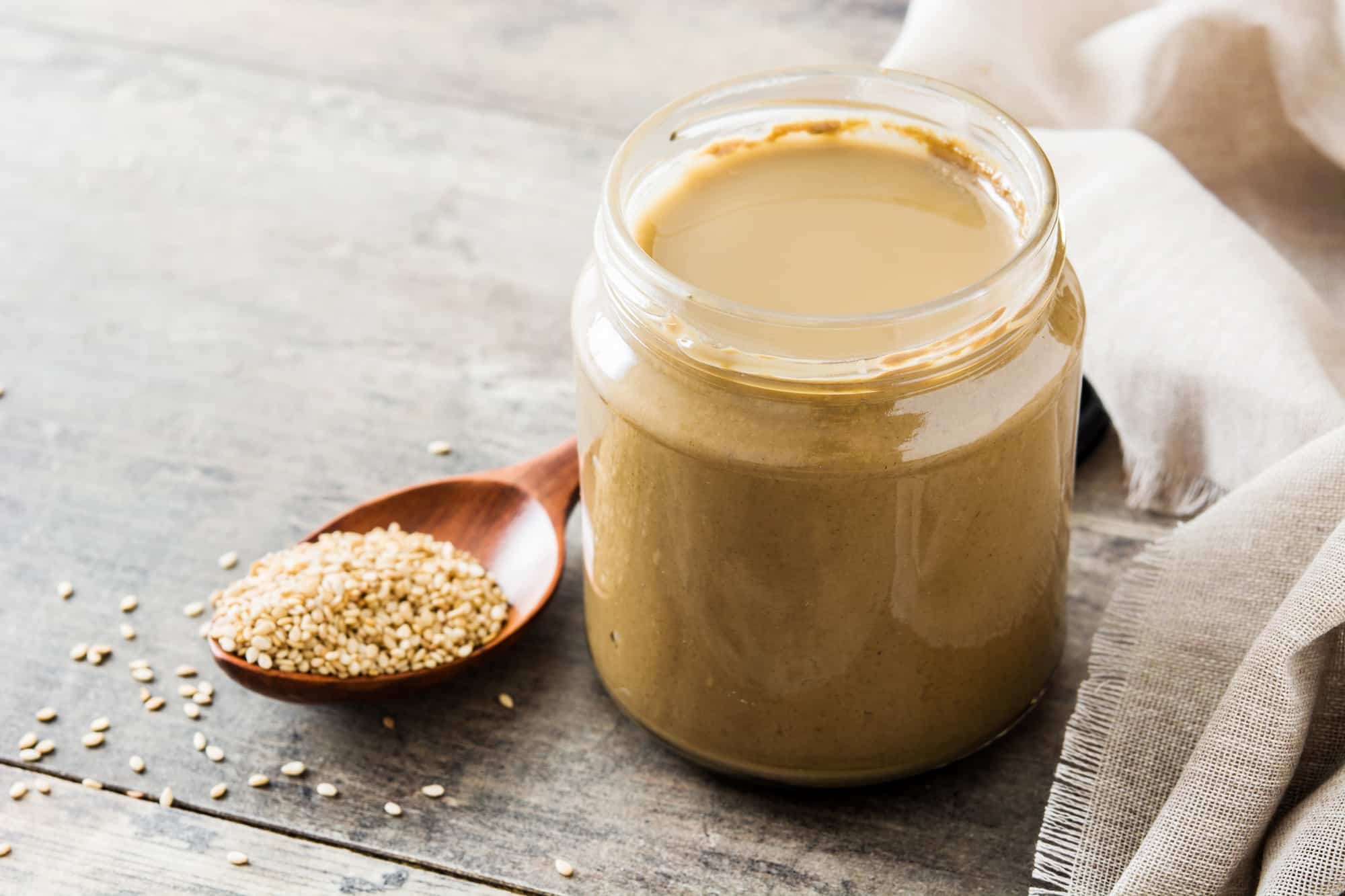


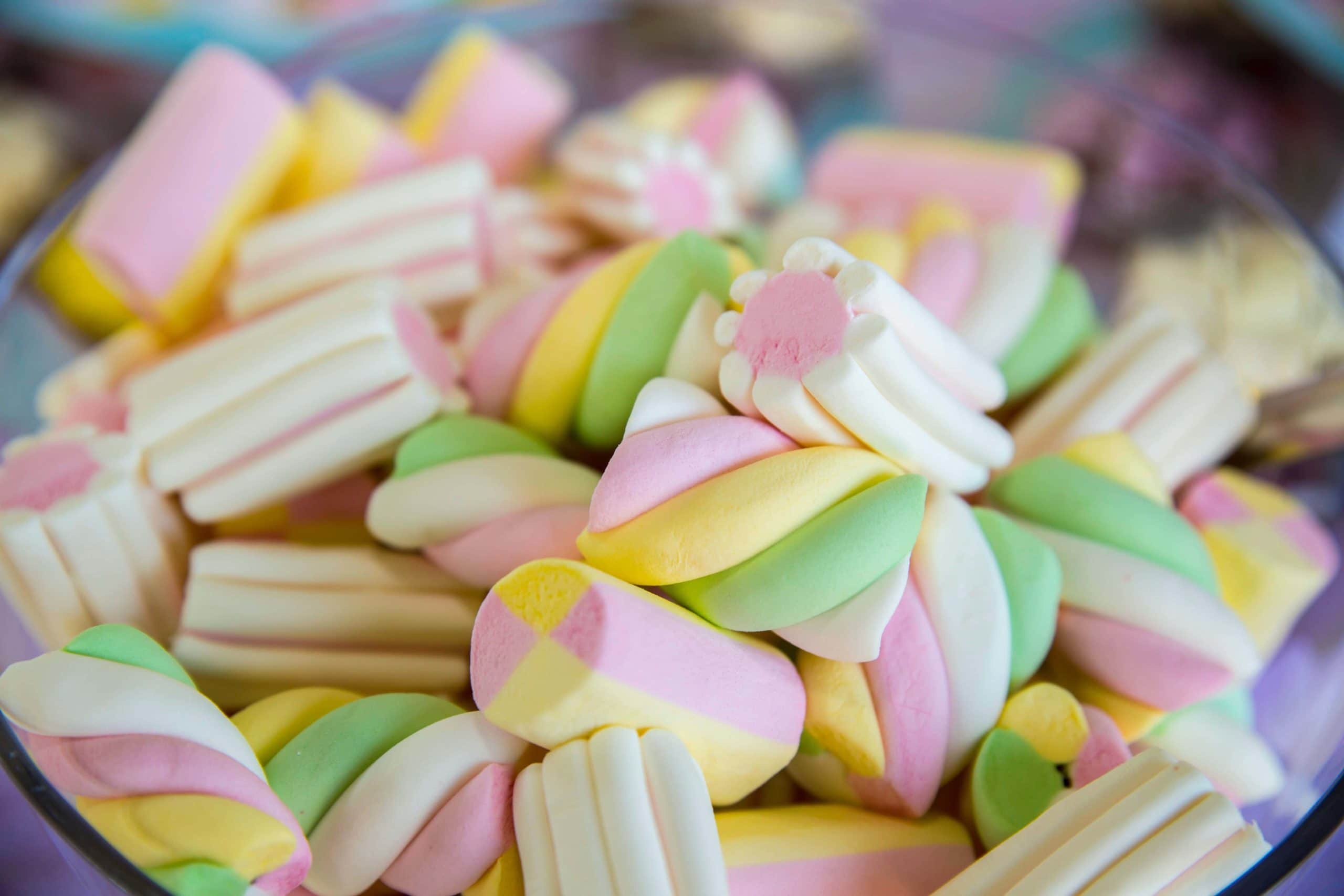
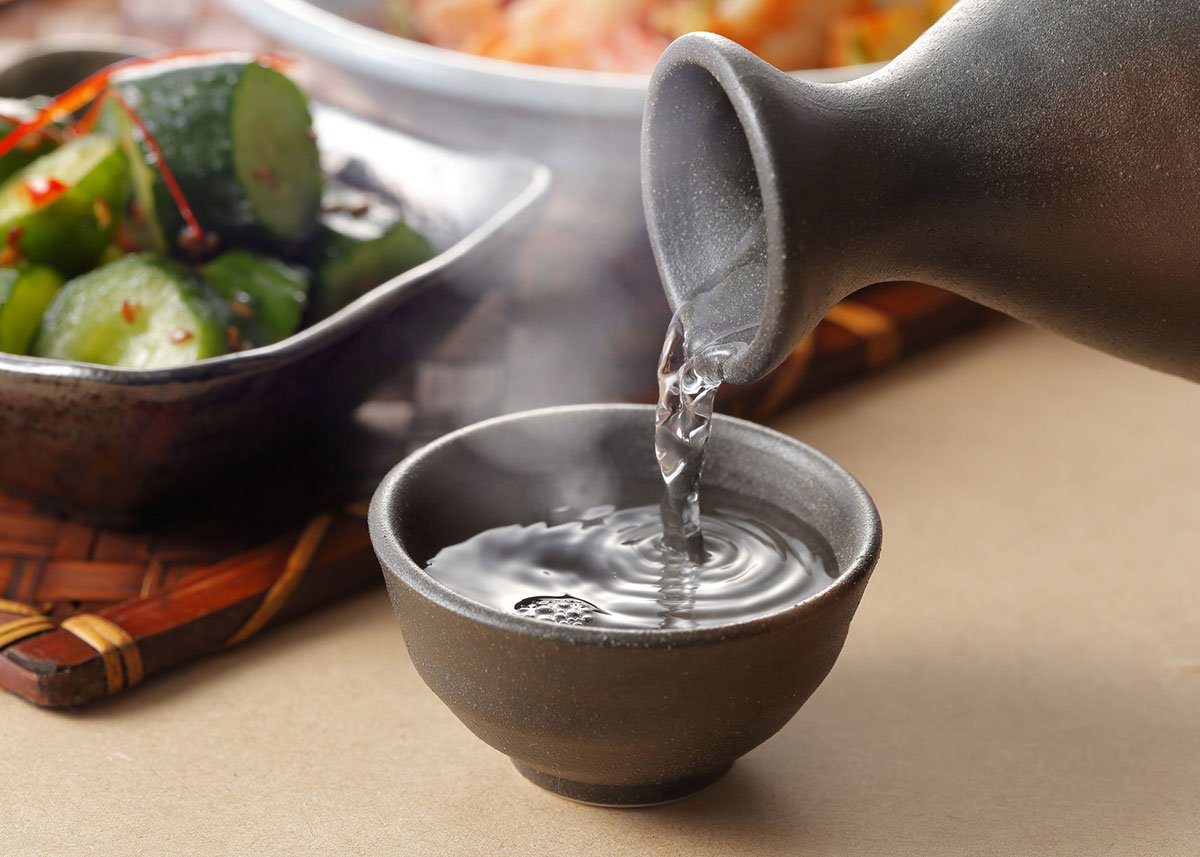

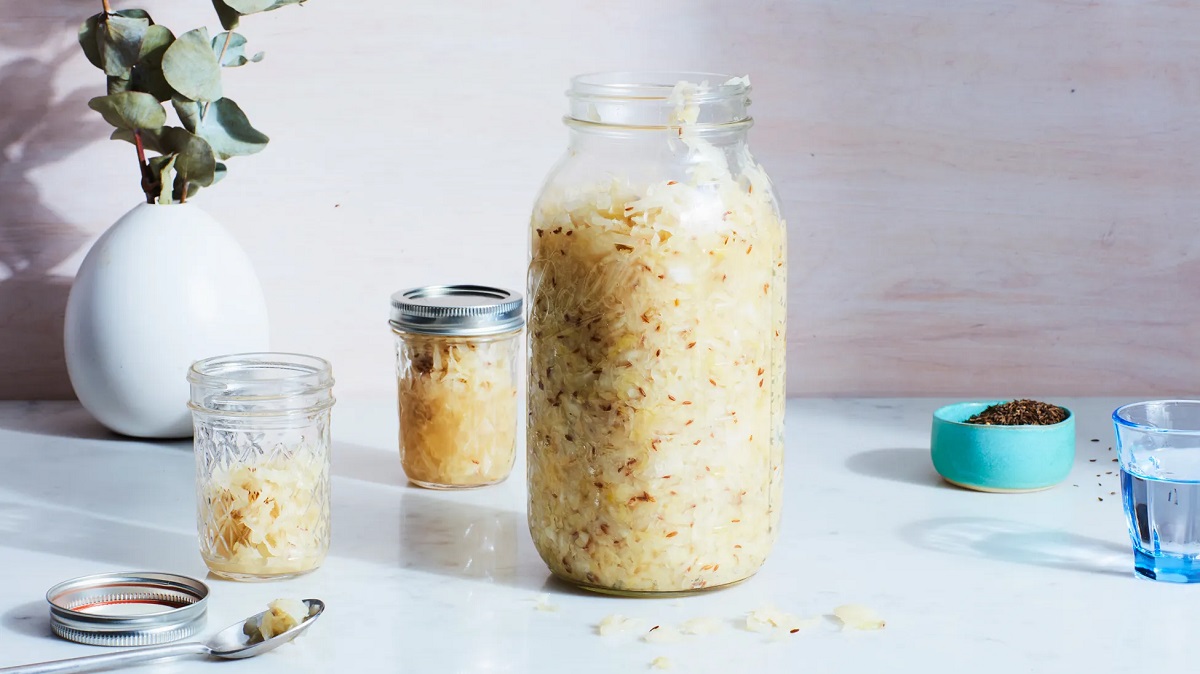

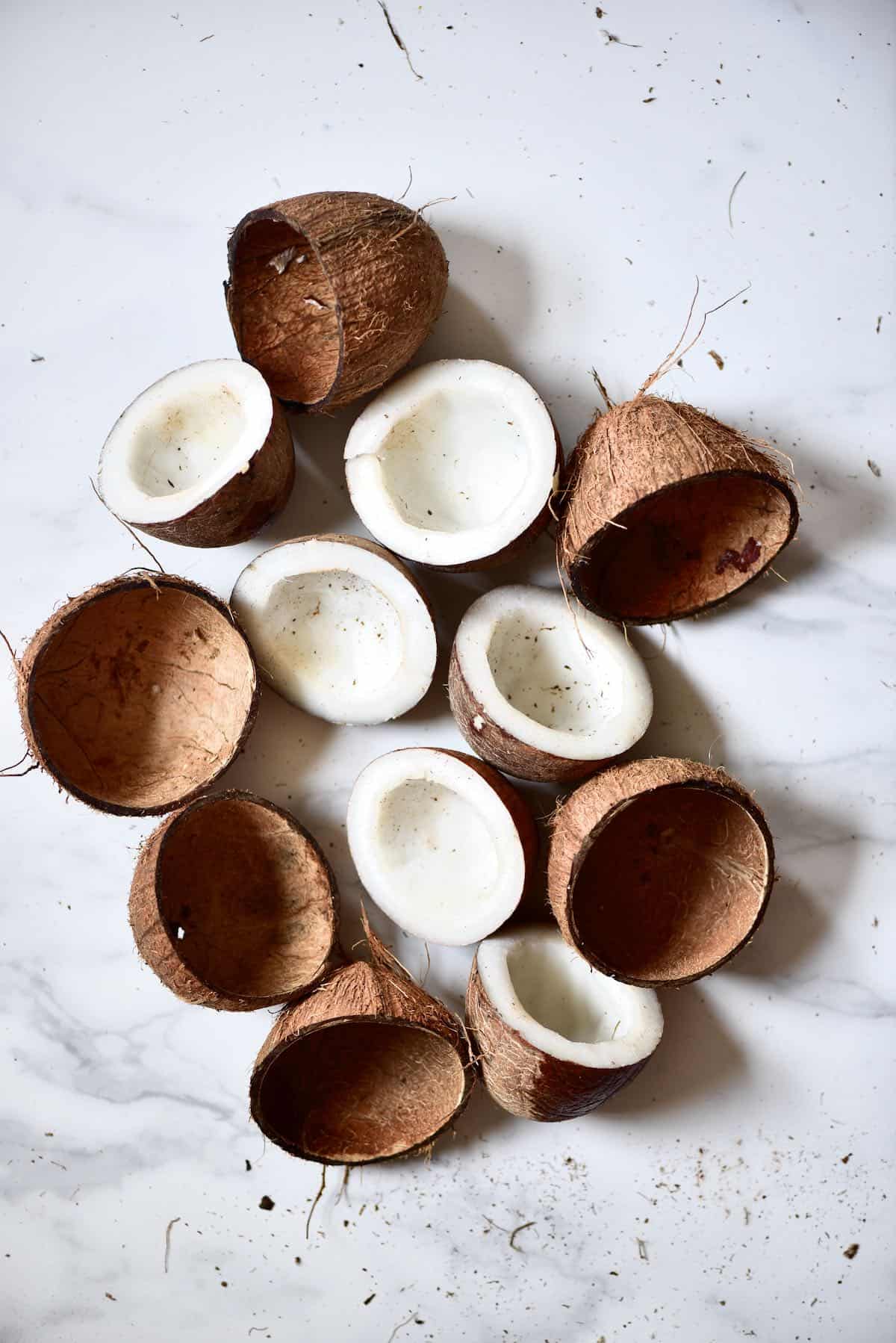




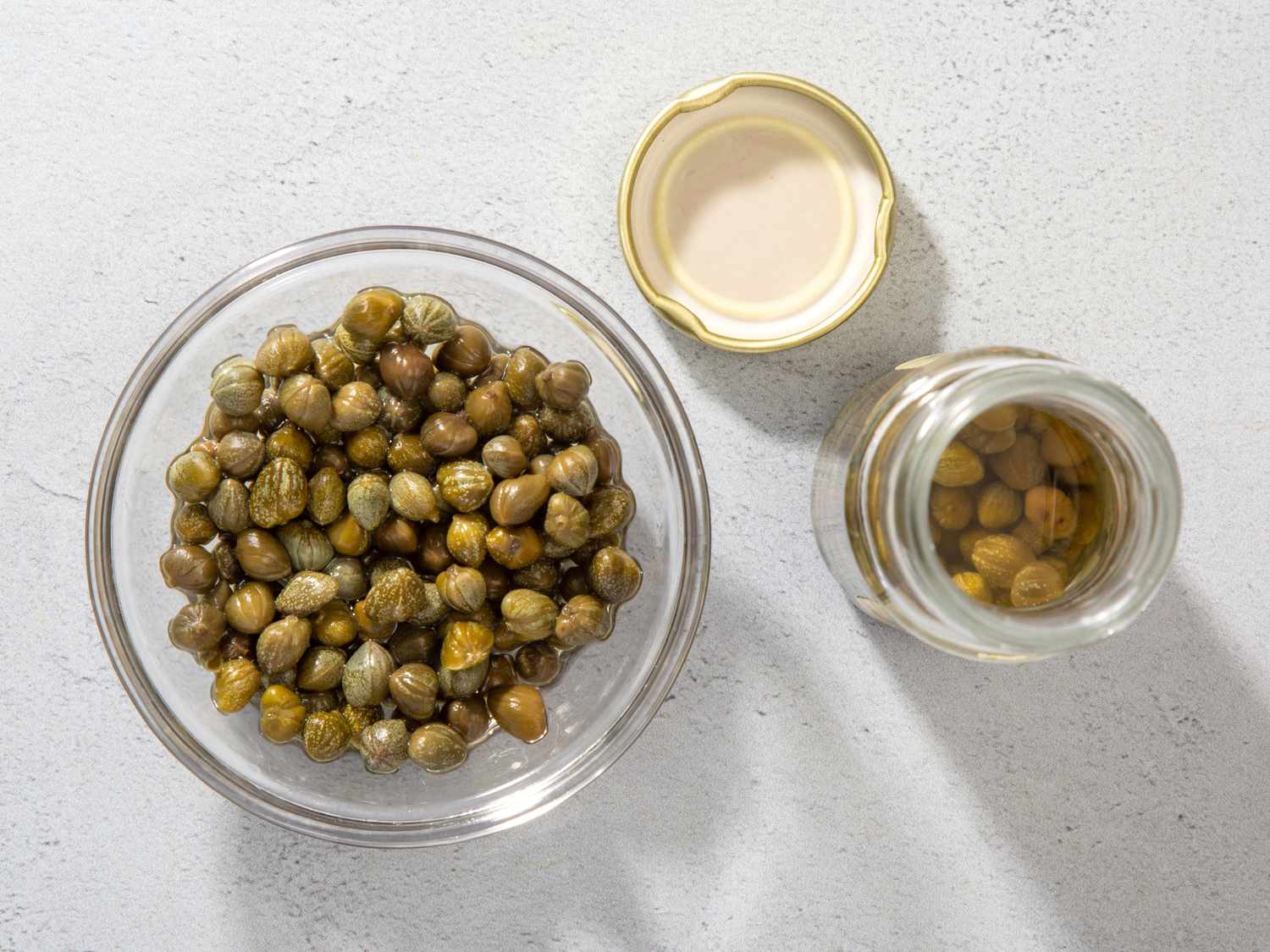

0 thoughts on “How To Store Ketchup After Opening”